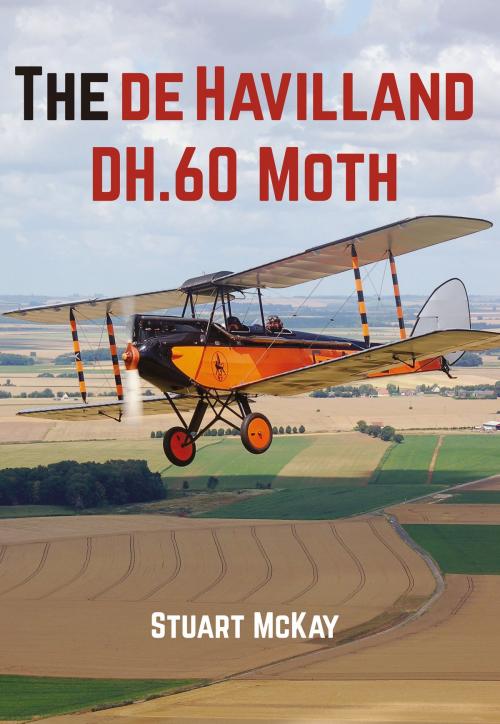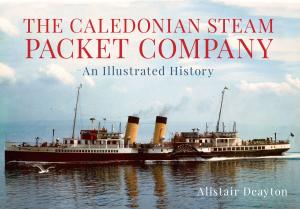| Author: | Stuart McKay, MBE Hon MSc | ISBN: | 9781445657240 |
| Publisher: | Amberley Publishing | Publication: | October 15, 2016 |
| Imprint: | Amberley Publishing | Language: | English |
| Author: | Stuart McKay, MBE Hon MSc |
| ISBN: | 9781445657240 |
| Publisher: | Amberley Publishing |
| Publication: | October 15, 2016 |
| Imprint: | Amberley Publishing |
| Language: | English |
In this book Stuart McKay tells the story of the achievements of the de Havilland DH.60 Moth aircraft, which was to set new standards from its introduction in 1925 and was the kernel of the light aircraft movement until the outbreak of the Second World War. The design was the distillation of ideas long considered by Captain Geoffrey de Havilland and his colleagues and included many innovative ideas such as folding wings. The key to success was the design of the 60-hp Cirrus engine, which was built to a specification created specially for the Moth, and the new machine was soon chosen by the Air Ministry to equip a national network of subsidised Light Aeroplane Clubs, the first such scheme anywhere in the world and later copied by a number of overseas governments. This comprehensive book covers the achievements of the DH.60 in its various forms: the Cirrus Moth, DH.60G Gipsy Moth, DH.60X, DH.60M Metal Moth, DH.60T Moth Trainer and DH.60T Tiger Moth, DH.60GIII and GIII Moth Major and the modifications that created special Moths for racing, rallying, endurance, speed and height record attempts. The aircraft was adapted for use on floats and skis, fitted with a canopy and developed as a military trainer equipped with a machine gun, wireless telegraphy and bomb racks.
In this book Stuart McKay tells the story of the achievements of the de Havilland DH.60 Moth aircraft, which was to set new standards from its introduction in 1925 and was the kernel of the light aircraft movement until the outbreak of the Second World War. The design was the distillation of ideas long considered by Captain Geoffrey de Havilland and his colleagues and included many innovative ideas such as folding wings. The key to success was the design of the 60-hp Cirrus engine, which was built to a specification created specially for the Moth, and the new machine was soon chosen by the Air Ministry to equip a national network of subsidised Light Aeroplane Clubs, the first such scheme anywhere in the world and later copied by a number of overseas governments. This comprehensive book covers the achievements of the DH.60 in its various forms: the Cirrus Moth, DH.60G Gipsy Moth, DH.60X, DH.60M Metal Moth, DH.60T Moth Trainer and DH.60T Tiger Moth, DH.60GIII and GIII Moth Major and the modifications that created special Moths for racing, rallying, endurance, speed and height record attempts. The aircraft was adapted for use on floats and skis, fitted with a canopy and developed as a military trainer equipped with a machine gun, wireless telegraphy and bomb racks.















